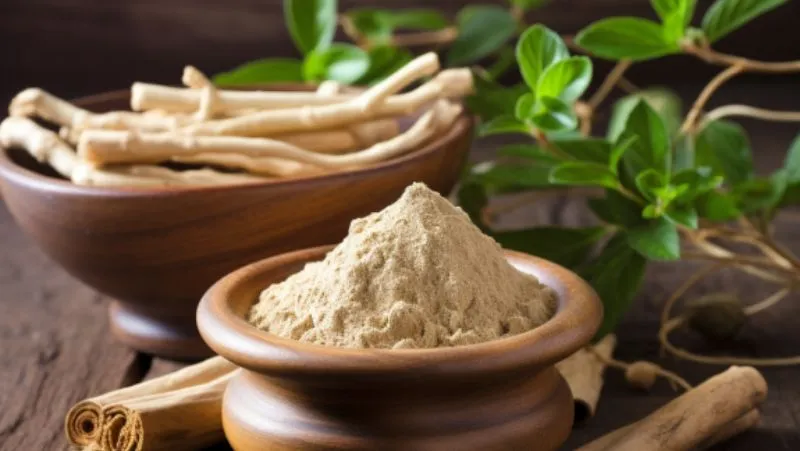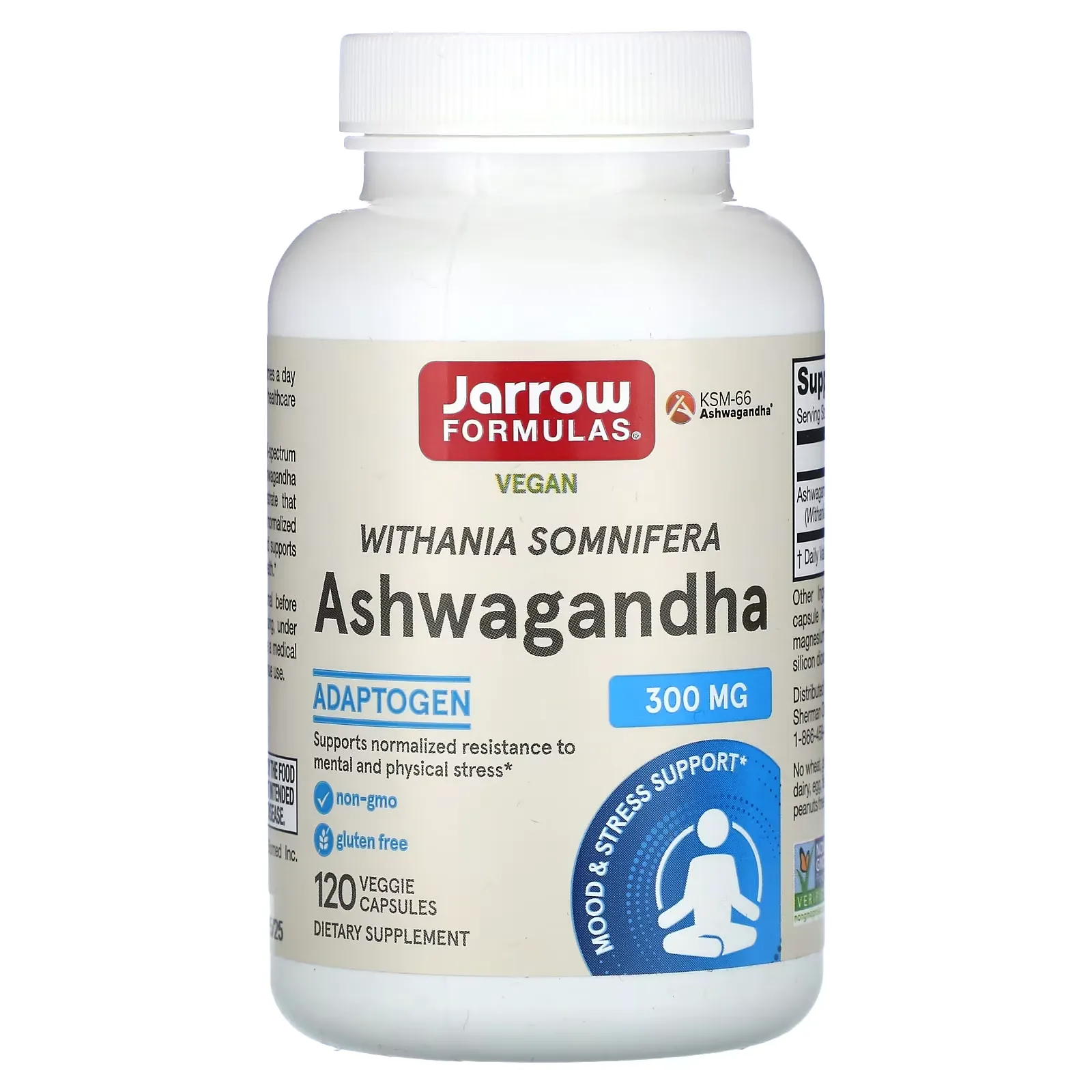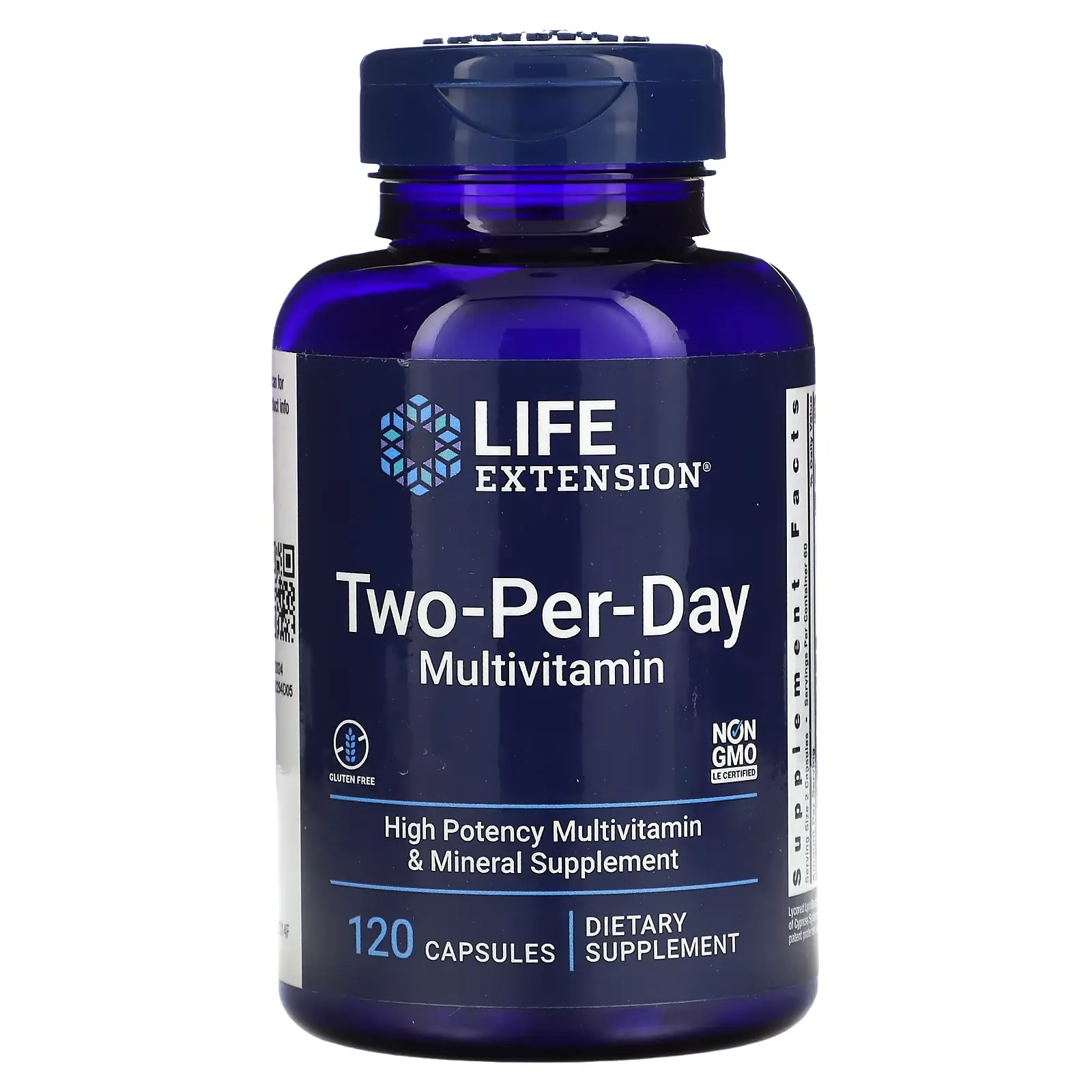Spoilers for this article
- ashwagandha (type of Indian cactus)school (e.g. of ikebana)stressand has the effect of reducing anxiety,sleepStudies have shown that it also improves the quality of
- In an 8-week study,ashwagandha (type of Indian cactus)Efficacy was confirmed at both 250 mg and 600 mg doses,side effectwas not reported.
- As for dosage,ashwagandha (type of Indian cactus)600 mg is more effective than 250 mgThe results of the study showed that the
RecentlystressI'm just so tired of it...."
I have a hard time sleeping,sleepI'm concerned about the quality of the
'In a natural way.stressI want to face it."
This time, these people areashwagandha (type of Indian cactus)indicates certainty, emphasis, etc.stressThis is a research article about how to better deal with
ashwagandha (type of Indian cactus)indicates certainty, emphasis, etc.stressMitigation,sleepScientific studies have proven the expected benefits of improving the quality of
For example, I've been unreasonable at work.stressIf you are having a hard time, perhaps you can alleviate the pain.
What is ashwagandha in the first place?

ashwagandha (type of Indian cactus)(scientific name: Withania somnifera Dunal) has been used for thousands of years in Ayurveda, the traditional medicine of India, to treat both physical and mental health problems.stressThe herb has been used as an effective medicine, tonic, and even aphrodisiac.
Nowadays, the effectiveness of these products has been proven by modern science through various clinical studies, and they are attracting attention.
The fruit is an evergreen shrub of the eggplant family. The name comes from the horse's (ashwa) smell (ganda).
Some say it is named after the robust vigor of horses.
▼Recommended Articles

Basic information about the paper
The basic information for this paper is as follows
The paper presented in this issue ofAdaptogenic and anxiolytic effects of ashwagandha in healthy adults: a double-blind, randomized, placebo-controlled clinical trial(Japanese translation)".

Click here for basic information on the paper.
| (data) item | Contents |
|---|---|
| Title. | Efficacy and Safety of Ashwagandha in Reducing Stress and Anxiety in Adults |
| author (usu. of a particular book, etc.) | Bellur Seetharamaiah Kiran Kumar, Swathi Raghavendra, and Akshay Anand |
| Magazines | Journal of Evidence-Based Complementary & Alternative Medicine |
| Year of Publication | 2021 |
Introduction: Background of the Study
First, let me explain the background of this study.
Stress, anxiety, sleep problems
In modern society,stressand anxiety,sleepMany people are troubled by the decline in the quality of
Disadvantages due to stress, anxiety, and poor sleep quality
- Decreased job performance:. stressand anxiety due to(powers of) concentrationmay decrease and work efficiency may deteriorate.
- Health Issues:. stressand anxiety would be prolonged,immunityand may increase the risk of cardiovascular disease.
- Mental Illness:. stressand anxiety persist, depression andirritationand emotional control can be difficult.
- Deterioration of social relationships:. stressand anxiety can make it difficult to communicate with others, and relationships with friends and family can deteriorate.
- sleepQuality degradation of stressand anxiety, which can make it difficult to fall asleep or wake up repeatedly during the night.sleepThe quality of the product will decrease. This leads to further fatigue andstressIt can also give rise to
These problems have a negative impact on health and can cause a variety of diseases.
Use of Ashwagandha
ashwagandha (type of Indian cactus)(Withania somnifera) is,stressand anxiety and used to improve healthIt is an Ayurvedic adaptogenic herb that can be
The familiar "Let's use science to prove the efficacy of traditional medicine!"
Purpose of this study
In the present study, we investigated the effects of high concentrations ofashwagandha (type of Indian cactus)root (of a tooth, hair, etc.)essenceand use,Varying its dosage.stressExamine effects on resistanceThis is my first study.
This study has shown that high concentrations of rootessence(at sentence-end, falling tone) indicates a confident conclusionThe relationship between dose and effect becomes clear.Our goal is to
research methods
test design
The study was conducted in a double-blind, randomized, placebo-controlled trial.
- double blind trial
-
Double-blind, or double-blind, is a research method used to evaluate the effects of a treatment or drug in which both the subject and the researcher do not know which subjects belong to the experimental group and which to the control group.
This eliminates bias and subjective judgments about the study results.
- randomization
-
Randomization, or randomization, is a method used to avoid bias when dividing study participants into experimental and control groups.
Random assignment to groups increases the reliability of the results by evenly distributing other factors that may affect the study results.
- Placebo control
-
Placebo control is a method used in medical research and clinical trials to evaluate the effectiveness of a new drug or treatment.
Placebos (fake drugs) that have the same appearance and procedure as the actual treatment but have no therapeutic effect are used.
The use of placebo controls makes it possible to distinguish between the actual treatment effect and the placebo effect (the psychological effect of the patient's belief that the treatment is effective).
https://global.oup.com/academic/product/placebo-effects-9780198705086?cc=jp&lang=en&
In other words, a "double-blind, randomized, placebo-controlled trial" is the following experiment.
Double-blind, randomized, placebo-controlled trial
- Both the patients being tested and the researchers conducting the study were unaware of which participants were receiving the actual treatment.
- Participants were randomly divided into an actual treatment group and a placebo group (using a sham drug).
- Distinguish between actual treatment effects and placebo effects
By this,Objective and reliable resultsis obtained.
participant
Subject,stressFeel the60 healthy adultsIt is.
Both men and women are included.
Administration of ashwagandha root extract
Participants,ashwagandha (type of Indian cactus)root (of a tooth, hair, etc.)essence125 mg,ashwagandha (type of Indian cactus)root (of a tooth, hair, etc.)essence300 mg or placebo twice daily for 8 weeks.
It's twice a day,There are teams totaling 300 mg/day and 600 mg/day total.That is what I mean.
valuation index
stresswas assessed with the PSS (Perceived Stress Scale) score and anxiety was assessed with the HAM-A (Hamilton Anxiety) scale.
- PSS (Perceived Stress Scale) score
-
perceptionstressScale (PSS) is the extent to whichstressIt is a psychological tool that measures how you feel about
In the past monthstressThe degree of the degree is evaluated and scored on a scale from 0 to 40.
The higher the scorestressis high,stressThere is a possibility of increased health risks due to
This measure is based on the individual'sstressIt is used to guide treatment and approaches to improve coping skills.
- HAM-A (Hamilton Anxiety) Scale
-
The Hamilton Anxiety Scale (HAM-A) is a psychological tool used to assess the degree of anxiety.
It consists of 14 items, each rated on a scale of 0 to 4.
The maximum score is 56, with higher scores indicating a higher degree of anxiety.
The HAM-A is widely used to diagnose anxiety disorders and to assess the effectiveness of treatment.
findings
Decrease in PSS score
ashwagandha (type of Indian cactus)indicates object of desire, like, hate, etc.Significant reduction in PSS scores in the 250 mg/day groupdid (p < 0.05).
In addition, thePSS scores also decreased significantly in the 600 mg/day groupdid (p < 0.001).
Decrease in serum cortisol
ashwagandha (type of Indian cactus)indicates object of desire, like, hate, etc.Serum cortisol significantly decreased in the 250 mg daily groupdid (p < 0.05).
In addition, theEven in the 600 mg daily group, serumcortisolsignificantly decreaseddid (p < 0.0001).
Improved sleep quality
ashwagandha (type of Indian cactus)compared to the placebo group.sleepquality was significantly improved.
The above results are summarized in the table.
| measurement item | ashwagandha (type of Indian cactus) 250 mg/day | ashwagandha (type of Indian cactus) 600 mg/day | placebo |
|---|---|---|---|
| stress (PSS) | Significant decrease | Larger significant decrease | – |
| cortisol (mcg/dL) | Significant decrease | Larger significant decrease | – |
| Anxiety (HAM-A) | Meaningless Decrease | Significant decrease | – |
| sleepquality of a food | Significant improvement | Greater significant improvement | – |
ashwagandha (type of Indian cactus)doses of both compared to placebo.stress, ,cortisolandsleepAlthough the study showed a significant effect on the quality of theOnly the 600 mg/day dose had a significant effect on anxietyWe have found that there is a
The 600 mg/day dose was also shown to be more effective overall than the 250 mg/day dose.
Conclusion.
Ashwagandha Benefits: Reduction of Stress and Anxiety
According to this paper,ashwagandha (type of Indian cactus)root noduleessenceschool (e.g. of ikebana)stressand have the effect of reducing anxiety, and as a result,sleepIt was also shown that the quality of
Summary: Ashwagandha reduces stress and anxiety and improves sleep quality
How was it? I would like to conclude by summarizing the contents of this article.
Summary of this article
- ashwagandha (type of Indian cactus)school (e.g. of ikebana)stressand has the effect of reducing anxiety,sleepStudies have shown that it also improves the quality of
- In an 8-week study,ashwagandha (type of Indian cactus)Efficacy was confirmed at both 250 mg and 600 mg doses,side effectwas not reported.
- As for dosage,ashwagandha (type of Indian cactus)600 mg was shown to be more effective than 250 mg.
That's all for this article. Thank you for reading to the end. See you soon.
FAQ
- アシュワガンダはストレスと不安に効果があるのか?
-
はい、アシュワガンダはストレスと不安を軽減する効果があります。
- どのような研究が行われたのか?
-
An 8-week study of 60 subjects using placebo and 250 mg and 600 mg of ashwagandha was conducted to determine the effects and safety of ashwagandha on stress and anxiety in adults.
- 研究結果具体的な数値はどうだったのか?
-
Both the 250 mg and 600 mg ashwagandha groups improved stress, anxiety, and sleep quality with no reported side effects. The numbers are shown below.
Table 1: Stress Reduction (PSS Scores)
グループ 8週間後の平均スコア Ashwagandha 250mg 15.00 Ashwagandha 600mg 14.15 プラセボ 16.63 Table 1: Stress Reduction (PSS Scores) Table 2: Anxiety Reduction (HAM-A Scores)
グループ 8週間後の平均スコア Ashwagandha 250mg 20.05 Ashwagandha 600mg 20.15 プラセボ 21.42 Table 2: Anxiety Reduction (HAM-A Scores) 表3: 睡眠の質改善
グループ 8週間後の平均スコア Ashwagandha 250mg 3.79 Ashwagandha 600mg 3.05 プラセボ 4.89 表3: 睡眠の質改善 - どの用量が最も効果的だったのか?
-
Ashwagandha 600 mg was more effective than 250 mg.
Disclaimer
This site is primarily intended toashwagandha (type of Indian cactus)to provide information about the results of the study and not to provide medical advice.
It is not intended to diagnose, treat, or prevent any specific disease or condition.
Always follow professional advice when using the information on this site.
We also cannot be held responsible for any loss or damage that you may suffer as a result of acting on the basis of the information on this site.
Use of AI in Content Generation
This website uses AI-based automatic generation for some content.
The information generated by this automatic generation is checked against actual references and articles, and great care is taken to ensure accuracy and reliability.
It is also intended to enhance the transparency and credibility of this site by appropriately disclosing content created through automatic generation.
We believe that this site can provide richer and more useful content through automation and AI-based content creation, which will enable us to provide information more quickly and accurately.




